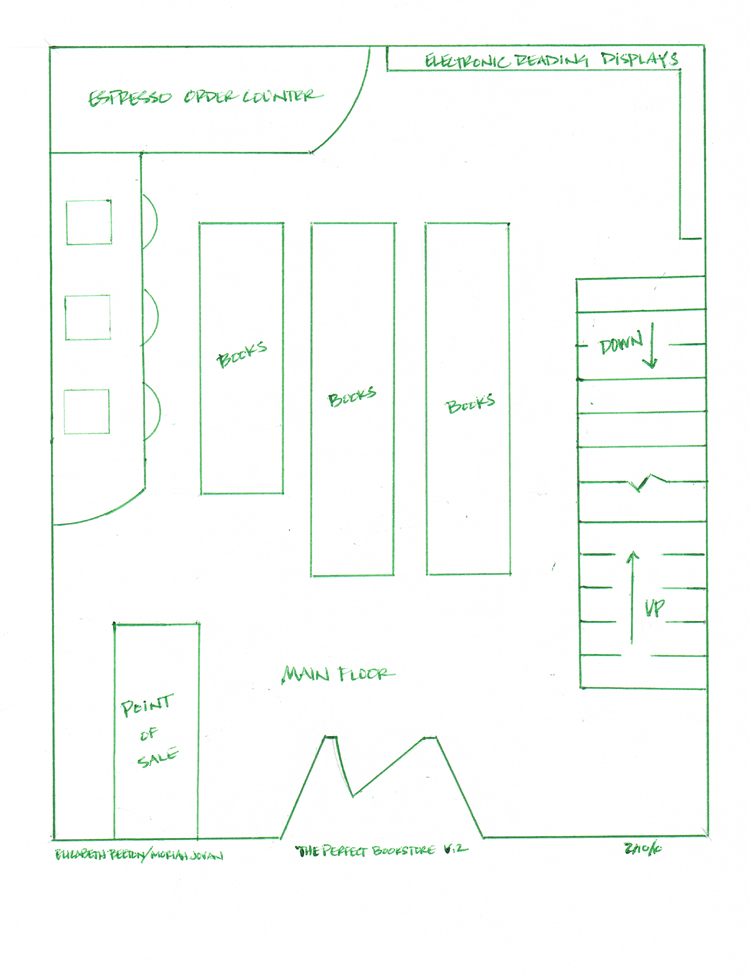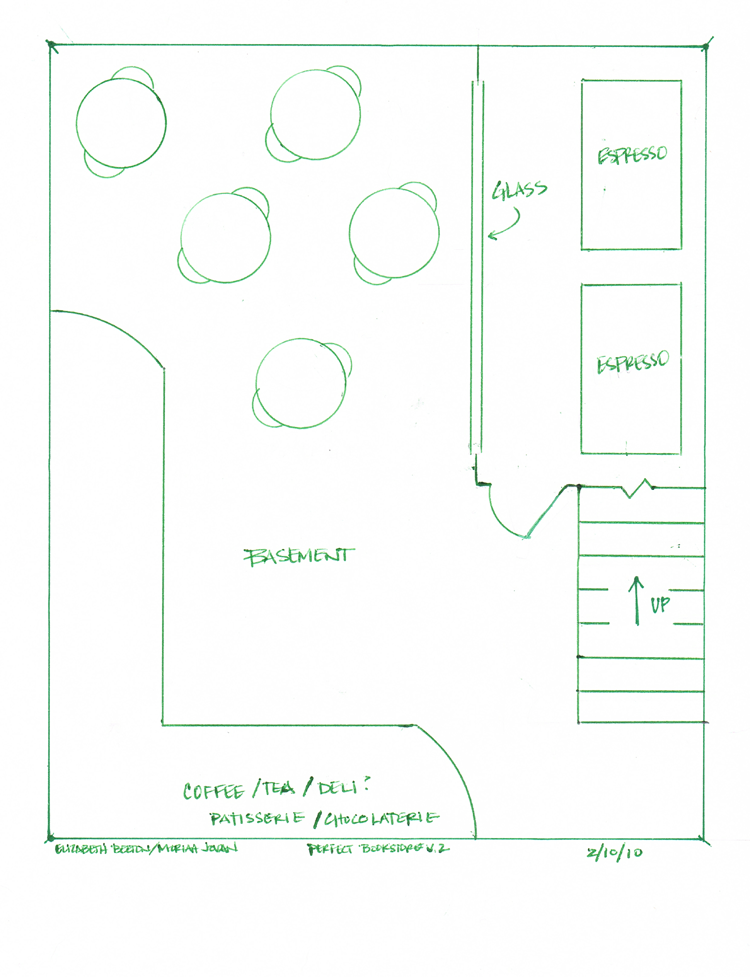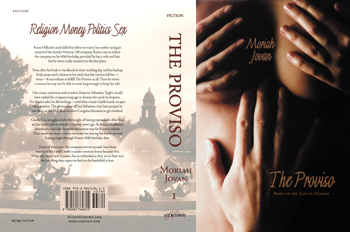I want to thank everyone so much for helping me in my experiment, retweeting, Facebook posting, emailing, message board posting, and downloading. Nothing makes an author happier than when people are sharing in her vision. The links to the free download are broken now, replaced with links to the purchase point. The samples on the sidebar are back, so you can still try before you buy.
Final download tally in 26-1/2 hours: The Proviso, 420 and Stay 364.
* * * * *
I’m going to try something here. Y’all know I’m a writer and I have books for sale. More than 1500 copies of the sample for The Proviso have been downloaded, and 450 for Stay. That’s awesome! Thank you!
The thing is, I’m excited about the world I created and I want you to be as excited as I am. But I’m a new-to-almost-everybody writer and I write long, angsty, family saga books that can be polarizing, so one might be hesitant to try it. I get that.
So just for the next little while (a couple of days or so 24 hours), I’m going to offer the ebook versions of The Proviso (book 1) and Stay (book 2) for free. In their entirety. (The files are huge.)
Enjoy!
.
UPDATE: I’m going to disable the sample links on the sidebar while the books are available free. I don’t want somebody to pick up the sample, thinking it’s the whole thing and then be upset.
UPDATE 2: This is good until Friday, February 26, 2010, at 3:08 p.m. CST. When I said “today only,” I meant for 24 hours. What, you can’t read my mind???
UPDATE 3: So, exactly 24 hours after I posted the links, what did I get? Numbers. I don’t really know what they mean, but I’ll share them. In 24 hours:
The Proviso: 385
Stay: 333
I’m not sure why there is such a discrepancy between the two, but I’m going to guess it had something to do with file size and download time. I’m breaking these links by midnight, so hurry! The samples are back up on the sidebar, plus they are littered elsewhere throughout the web.
Anyway, thank you all for participating in my experiment and I hope that you enjoy my imaginary friends as much as I do. And if you do, could you tell somebody else who might?
. Thank you!









 This is not an anti-traditional-publishing rant. This is about writers, about you and your work and how much faith you have in it.
This is not an anti-traditional-publishing rant. This is about writers, about you and your work and how much faith you have in it.




